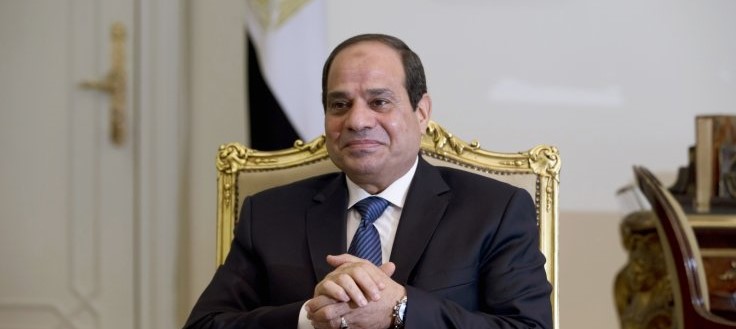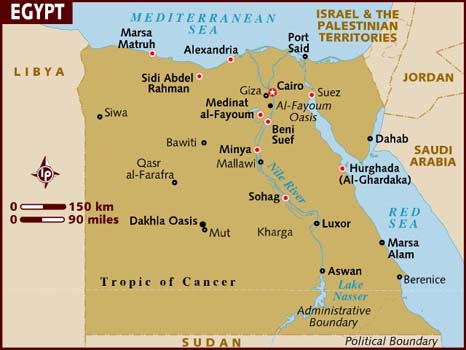Egypt champions Pan-African trade
December 13, 2018 | Expert Insights

Egypt’s president, Abdel Fattah al-Sisi has declared his intentions to champion intra-African trade when he takes over as chair of the African Union next year.
Background
The Common Market for Eastern and Southern Africa (COMESA) is a free trade area with twenty-one-member states stretching from Tunisia to Eswatini (Swaziland). COMESA was formed in December 1994, replacing a Preferential Trade Area which had existed since 1981. Nine of the member states formed a free trade area in 2000 (Djibouti, Egypt, Kenya, Madagascar, Malawi, Mauritius, Sudan, Zambia and Zimbabwe), with Rwanda and Burundi joining the FTA in 2004, the Comoros and Libya in 2006, Seychelles in 2009 and Tunisia and Somalia in 2018.
COMESA is one of the pillars of the African Economic Community.
In 2008, COMESA agreed to an expanded free-trade zone including members of two other African trade blocs, the East African Community (EAC) and the Southern Africa Development Community (SADC). COMESA is also considering a common visa scheme to boost tourism.
Egypt is a country spanning the northeast corner of Africa and southwest corner of Asia by a land bridge formed by the Sinai Peninsula. Egypt is a Mediterranean country bordered by the Gaza Strip and Israel to the northeast, the Gulf of Aqaba to the east, the Red Sea to the east and south, Sudan to the south, and Libya to the west. Egypt's economy is one of the largest and most diversified in the Middle East and is projected to become one of the largest in the world in the 21st century. In 2016, Egypt overtook South Africa and became Africa's second largest economy (after Nigeria).

Analysis
Egypt, which seeks to be a model of economic reform, hosted a high-level business forum in the Red Sea resort of Sharm el-Sheikh that will be followed by an intra-African trade fair in the coming week in the capital, Cairo.
In a speech to the forum, Sisi encouraged investors from inside and outside Africa to take advantage of opportunities on the continent as countries including his own pursued economic reform.
As chair of the African Union, “we will seek with sincere effort to build on what has been achieved over the past years and to complete our continent’s development agenda,” Sisi told the forum, which was attended by heads of state from countries including Rwanda, Sierra Leone, Niger and Madagascar.
Egypt has been praised by international lenders for moving swiftly to implement structural reforms agreed with the IMF in late 2016, though austerity measures and inflation have left many Egyptians struggling to get by.
Egypt’s economy grew by 5.3 per cent in the 2017-18 fiscal year, the highest rate in a decade and growth is forecast to surpass 5 per cent again in 2018-19.
In off-the-cuff remarks, Sisi – who is known to demand ambitiously rapid execution of projects from his ministers – questioned whether African governments could enact change fast enough, recalling that he had insisted on completing an expansion of the Suez Canal in a single year when others had suggested three years or five. Critics have criticised the canal expansion as a waste of money.
Intra-African trade is low, limited by problems including armed conflicts, political rivalry and a lack of logistical and transport connections between states.
Speakers voiced hope that the Continental Free Trade Area (CFTA), which aims to bring together all African Union states with a combined population of more than one billion into a single market, would be ratified by 22 countries and enter into force in 2019.
Egypt has already increased its investments in Africa by $1.2 billion to $10.2 billion in 2018, Sisi said.
Assessment
Our assessment is that Egypt will look to be the driving force in Pan-Africanism in the 21st century. We believe that President Sisi’s goal of uniting all of Africa into a single market will take big strides under his presidentship of COMESA. We also feel that challenges such as poverty, climate change and corruption in Africa can only be combated with increased cooperation between African states.








Comments